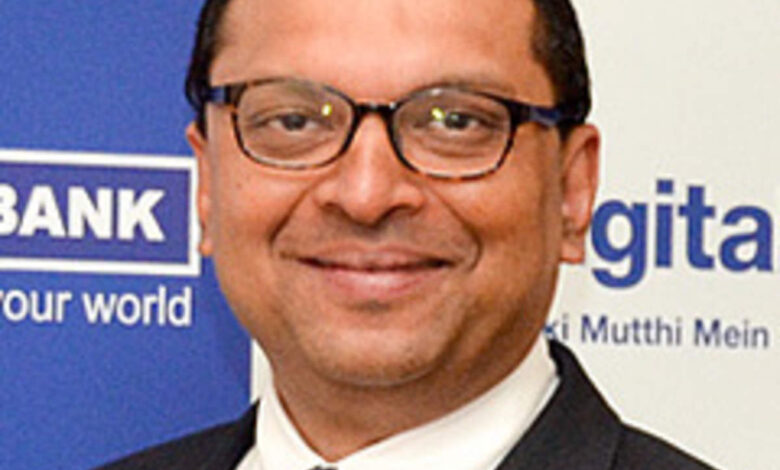Budget 2022-23: A Capex Bonanza: Mr. Abheek Barua, Chief Economist, HDFC Bank

Abheek Barua
The 2022-23 Budget has somewhat successfully managed to balance fiscal retreat and support for economic recovery. The budget deserves a somewhat favorable verdict. It has a game plan premised on credible numbers. and not being tempted to “over-consolidate”.
Pump-Prime Keynesian style: The underlying macro-economic strategy behind this budget is one of pump-priming the economy through public investments, hoping that economic buoyancy would crowd-in private sector capex. The aim is to kick-start the investment cycle with multiplier effects on employment and income in turn addressing fragile consumption growth and uneven recovery. Thus, instead of redistributive direct fiscal support, an investment-led growth remains the government’s economic management mantra. This is reflected in a 35 per cent increase in capital expenditure outlay (at INR 7.5 lakh cr) and a large increase in financial support to states for investment plans in the coming fiscal (INR 1 lakh cr).
Support for COVID hit sectors: There are also some direct measures to address the worst affected sectors by the pandemic. The extension of the credit guarantee scheme (ECLGS– that gives a government back-stop to bank loans to the medium and small-scale sector) by a year and an increase in the guaranteed amount earmarked for the hospitality sector (INR 50,000 cr) is a welcome move.
Atmanirbhar Bharat amidst global supply chain disruptions: The budget tilts further in the direction of self-reliance, offering tariff protection to capital goods that feed a range of sectors from coal mining to power to footwear, textiles, and food processing. This is accompanied by commitments of higher government procurement from local producers in areas like defence. This is important as inter-regional trade has been shrinking (apart from trade with China) since the Great Financial Crisis. Differences in the incidence of Covid and in containment strategies has further exposed the fragility of globalized supply chains. Increased localization (or self-reliance) might just emerge as a new paradigm for production. In this scenario, the case of unharnessed free trade and its presumed benefits perhaps need to be re-examined.
Digital currency on its way: The introduction of a Central Bank Digital Currency, an electronic fiat currency (not to be confused with the box-standard “Crypto”) was widely anticipated. However, it could have a significant impact on banks – on their deposit base for instance – and needs careful attention both from bankers and policy makers.
Credibility of fiscal math: The budget is surprisingly conservative on the GDP growth assumptions, factoring in 11.1 per cent nominal (at current market prices) growth for 2022-2023 compared to 17.2 per cent in 2021-22. The disinvestment target too is subdued at Rs 65000 and hence more credible that previous budgets that saw large shortfalls. The big punt is on increasing tax buoyancy with the tax-to-GDP ratio estimated at 10.7 per cent instead of 9.9 per cent previously in FY22 BE. This increase is primarily due to an assumed increase in GST collections that is projected to yield INR 1.3 lakh crores a month compared to an average of INR 1.13 lakh cr assumed for the current year.
This might well be achieved. There are reports that the technical glitches in the GST backbone have been fixed leading to better compliance and coupled with a sustained momentum in the economy should do the trick.
Financing of the deficit : For the bond market, a significantly higher than expected borrowing of INR 14.95 lakh crore in FY23 is likely to put further pressure on yields at a time when both global and domestic interest rate cycles are at the cusp of turning this year. The absence of any announcement around a tax relief for foreign bond investors was a disappointment and led to further pressure on yields. The 10-year yield rose by 14 bps post the budget announcement to 6.83%.
Author of this article is Mr. Abheek Barua, Chief Economist, HDFC Bank










